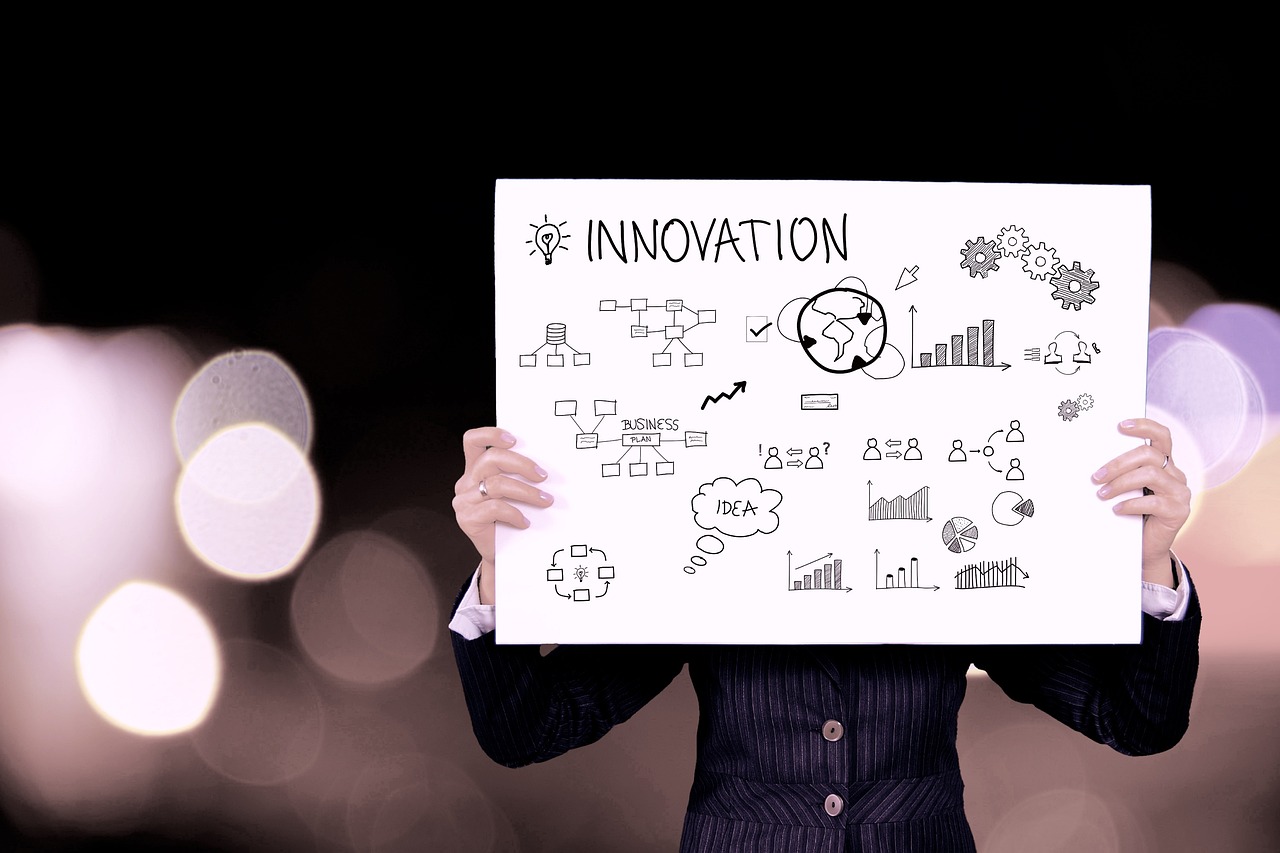Technology intelligence and innovation are playing a crucial role in transforming healthcare. New technologies are emerging at an unprecedented pace, offering the potential to improve patient care, reduce costs, and improve efficiency.
Access to Cutting-Edge Medical Information
One of the most significant benefits of technology intelligence in healthcare is the ability to provide healthcare professionals with access to cutting-edge medical information. In the past, healthcare professionals were limited to the medical textbooks and journals that were available in their libraries. Today, they can access a vast amount of medical information online, including research studies, clinical trial results, and expert opinions. This information can help them to make more informed decisions about patient care.
Improved Diagnosis and Treatment
Technology intelligence is also having a major impact on the diagnosis and treatment of diseases. New diagnostic technologies, such as artificial intelligence (AI) and machine learning, are now capable of detecting diseases at an earlier stage and with greater accuracy than ever before. This can lead to earlier treatment and better outcomes for patients.
In addition, new treatment technologies are being developed that are more personalized and effective than traditional treatments. For example, gene therapy is being used to treat a variety of diseases, including cancer and HIV. And robotic surgery is being used to perform more precise and minimally invasive procedures.
Development of Innovative Medical Devices
Technology intelligence is also driving innovation in the field of medical devices. New devices are being developed that can monitor patient health, deliver medication, and even perform surgery. For example, wearable sensors can track a patient’s vital signs and send this information to their doctor in real time. And implantable devices can deliver medication directly to the bloodstream, eliminating the need for injections.
Promoting Preventive Medicine
Technology intelligence is also being used to promote preventive medicine. By tracking patient health data, healthcare professionals can identify early warning signs of disease and intervene before it’s too late. For example, AI-powered apps can analyze a patient’s diet, exercise habits, and sleep patterns to identify potential health risks.
The impact of technology intelligence and innovation in healthcare is undeniable. These technologies are transforming the way that healthcare is delivered, improving patient care, reducing costs, and improving efficiency. As these technologies continue to develop, we can expect to see even more dramatic improvements in healthcare in the years to come.

